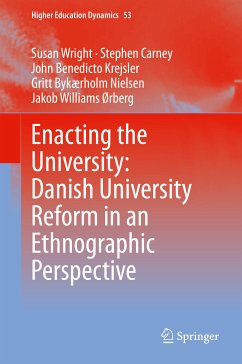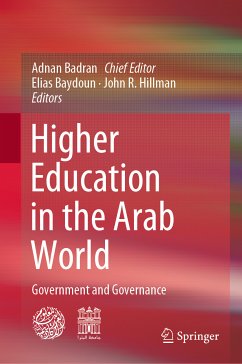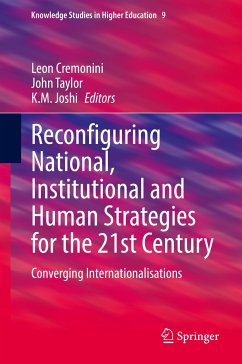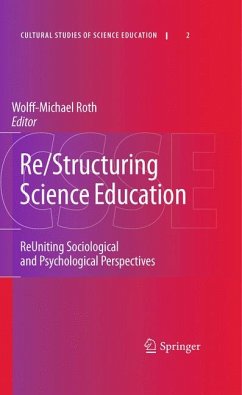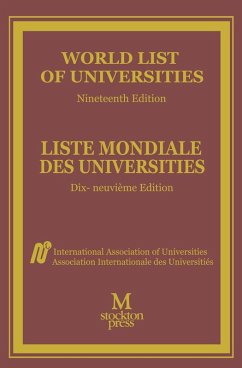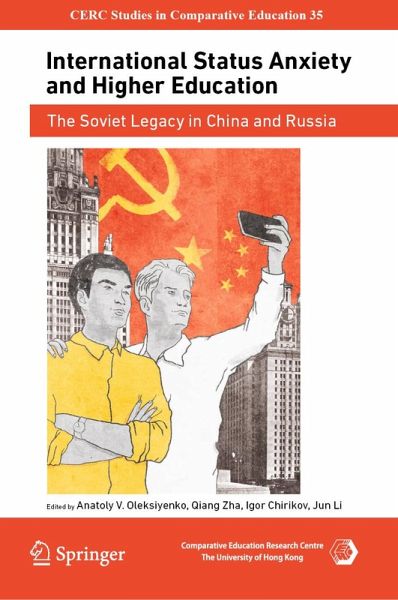
International Status Anxiety and Higher Education (eBook, PDF)
The Soviet Legacy in China and Russia
Redaktion: Oleksiyenko, Anatoly V.; Li, Jun; Chirikov, Igor; Zha, Qiang
Versandkostenfrei!
Sofort per Download lieferbar
128,95 €
inkl. MwSt.
Weitere Ausgaben:

PAYBACK Punkte
64 °P sammeln!
This volume provides a critical perspective on the Soviet legacy of global competition and status anxiety in international higher education. Investigating tensions generated by the traditional power instruments of coercion, money and attraction, the book looks into the dynamics of multi-level forces that either advance progressive university policies and practices or lead to hyper-centralization, indoctrination and unfreedom of inquiry in higher education. The volume provides insights into political sources that champion the anxiety about superpower status over the agenda of social equality, f...
This volume provides a critical perspective on the Soviet legacy of global competition and status anxiety in international higher education. Investigating tensions generated by the traditional power instruments of coercion, money and attraction, the book looks into the dynamics of multi-level forces that either advance progressive university policies and practices or lead to hyper-centralization, indoctrination and unfreedom of inquiry in higher education. The volume provides insights into political sources that champion the anxiety about superpower status over the agenda of social equality, fairness, and freedom in universities and their communities. The manuscript offers an excellent collation of studies shedding light on the phenomenon of de-Sovietization which was previously largely overlooked and underexplored in the higher education literature.
The book appeals to policy-makers, practitioners and scholars of higher education who seek to understand historical and political conditions that affect the currency of Chinese and Russian scholarship. As de-Sovietization of higher education may often be aspiration than reality in the two post-totalitarian countries, this books offers a unique, thought-provoking frame of analysis urging for more studies in the area as well as encouraging enhanced responsibility in creating sufficient room for freedom of critical inquiry.
The book appeals to policy-makers, practitioners and scholars of higher education who seek to understand historical and political conditions that affect the currency of Chinese and Russian scholarship. As de-Sovietization of higher education may often be aspiration than reality in the two post-totalitarian countries, this books offers a unique, thought-provoking frame of analysis urging for more studies in the area as well as encouraging enhanced responsibility in creating sufficient room for freedom of critical inquiry.
Dieser Download kann aus rechtlichen Gründen nur mit Rechnungsadresse in A, B, BG, CY, CZ, D, DK, EW, E, FIN, F, GR, HR, H, IRL, I, LT, L, LR, M, NL, PL, P, R, S, SLO, SK ausgeliefert werden.



